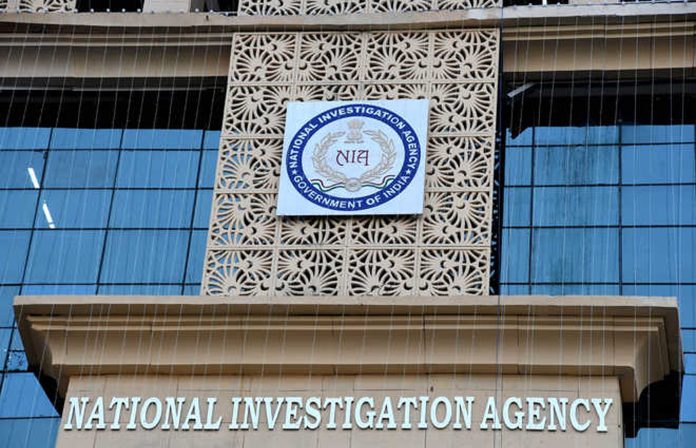In a significant development towards enhancing the judicial infrastructure and reinforcing the legal framework in the region, the Chief Justice of Jammu & Kashmir and Ladakh High Court laid the foundation stone for a Special Court dedicated to National Investigation Agency (NIA) cases. The initiative aligns with the broader national goal of strengthening the judicial system, particularly in handling cases of national importance. It signifies a step forward in providing swift and effective justice, instilling confidence in the legal process among the public. While the existing District Court complex grapples with overcrowding and limitations, the sensitive nature of NIA cases – often intricately intertwined with national security concerns – demands a specialized arena, a bastion of justice built for purpose. Conventional court premises, designed for a larger volume of routine proceedings, struggle to meet the stringent safety requirements for handling individuals accused of potentially grave offences against the nation. Anti-national elements, ever lurking in the shadows, prey upon vulnerabilities in the system, seeking to exploit any lapse in security. Past experiences with terrorist tactics aimed at freeing perpetrators serve as stark reminders of the gravity of the situation. The lives of ordinary citizens who frequent the court complex cannot be exposed to such risks.
A dedicated NIA court, equipped with state-of-the-art infrastructure, would not only address these security concerns but also streamline the judicial process for these sensitive cases. A facility brimming with advanced technology, including a virtual courtroom would be of immense utility, mitigating security threats and reducing logistical disruptions. Every life saved, every attack thwarted, and every plot foiled through a strengthened judicial system serves as a victory for the peace and prosperity of Jammu and Kashmir. Now extra efforts must be put to expedite the construction of this crucial facility. The establishment of a dedicated NIA court in Jammu is not merely a bureaucratic necessity; it is a symbol of resilience, a testament to the unwavering commitment to protect the people and preserve the integrity of the nation.
Trending Now
E-Paper


